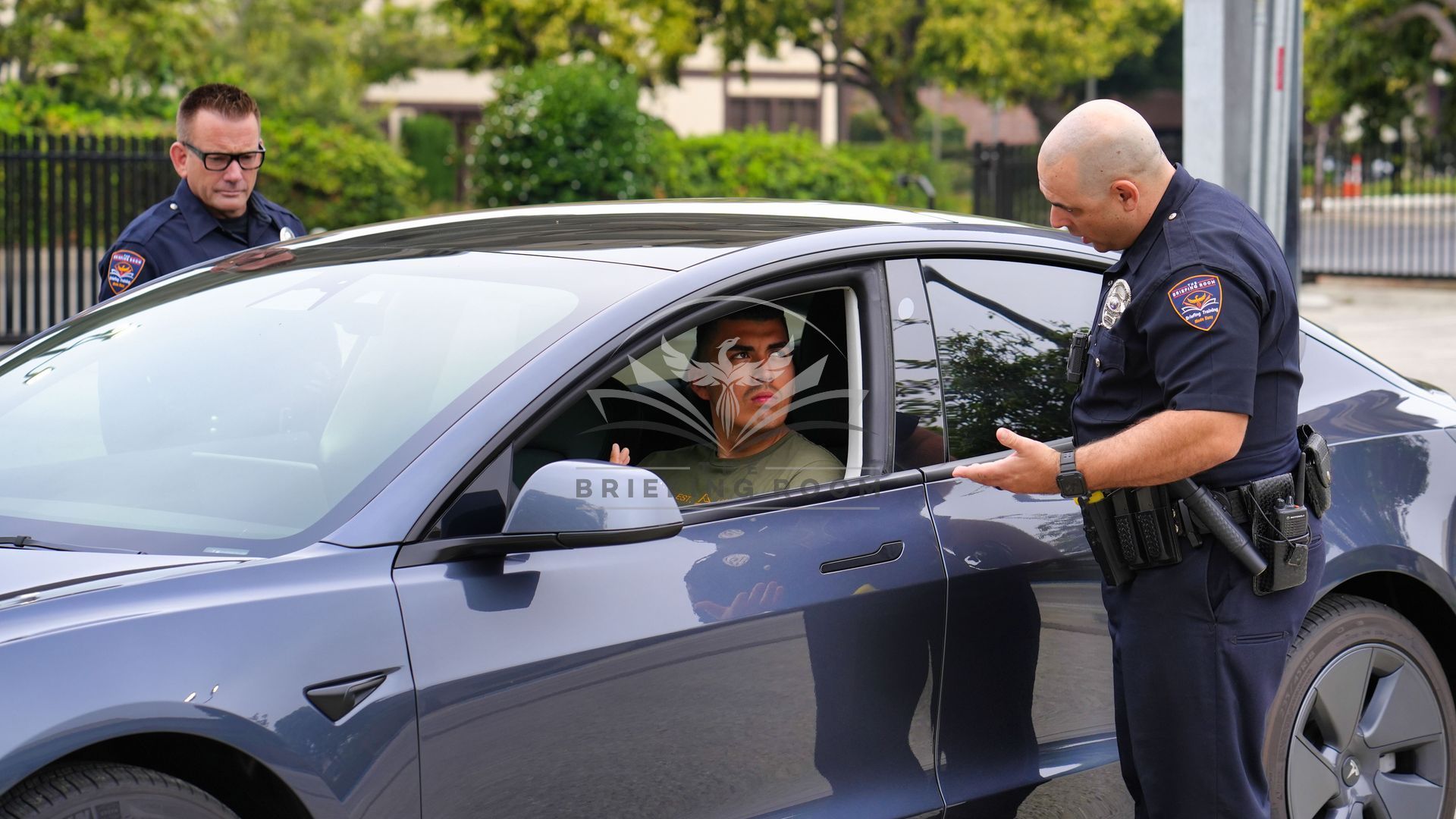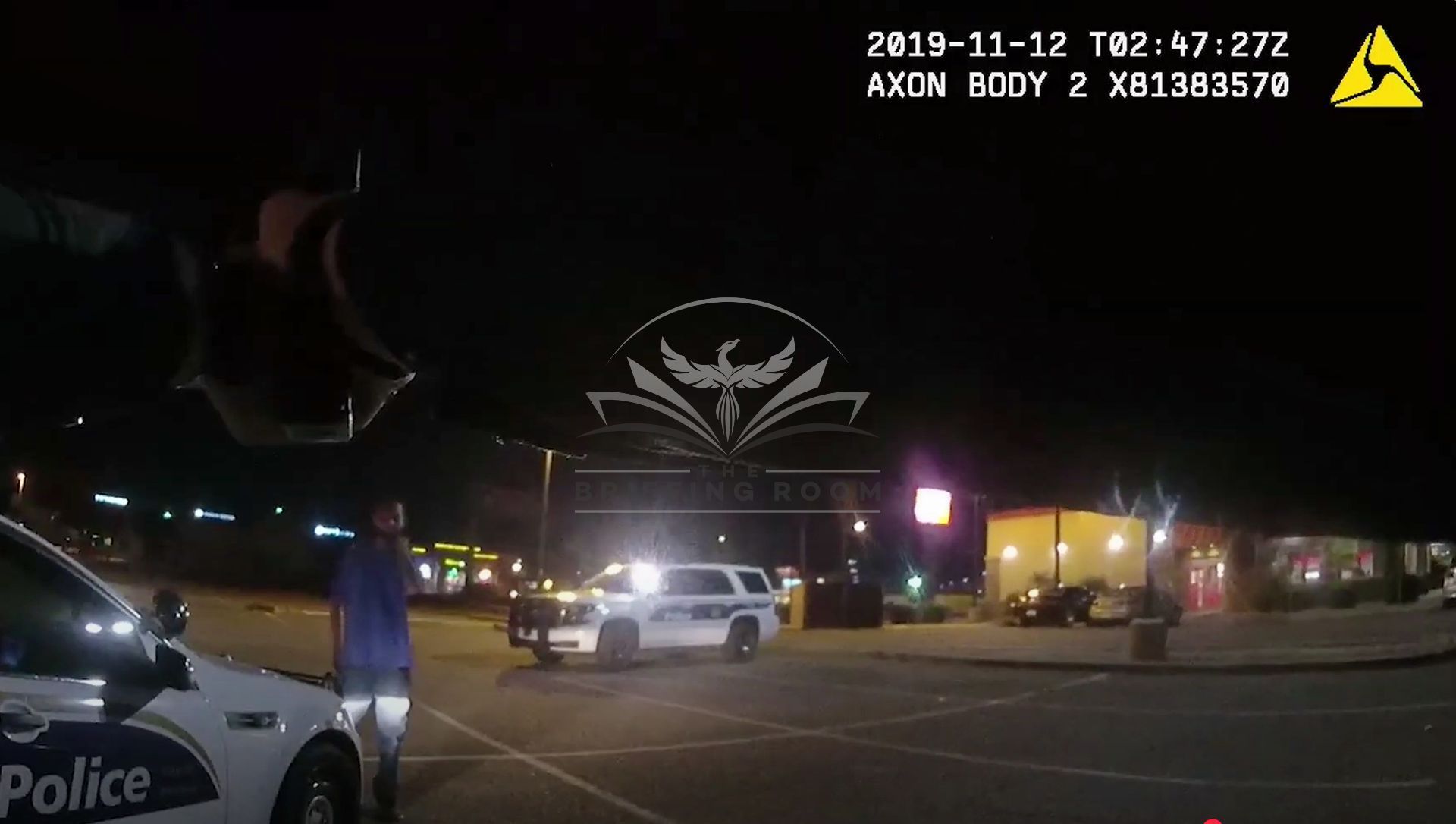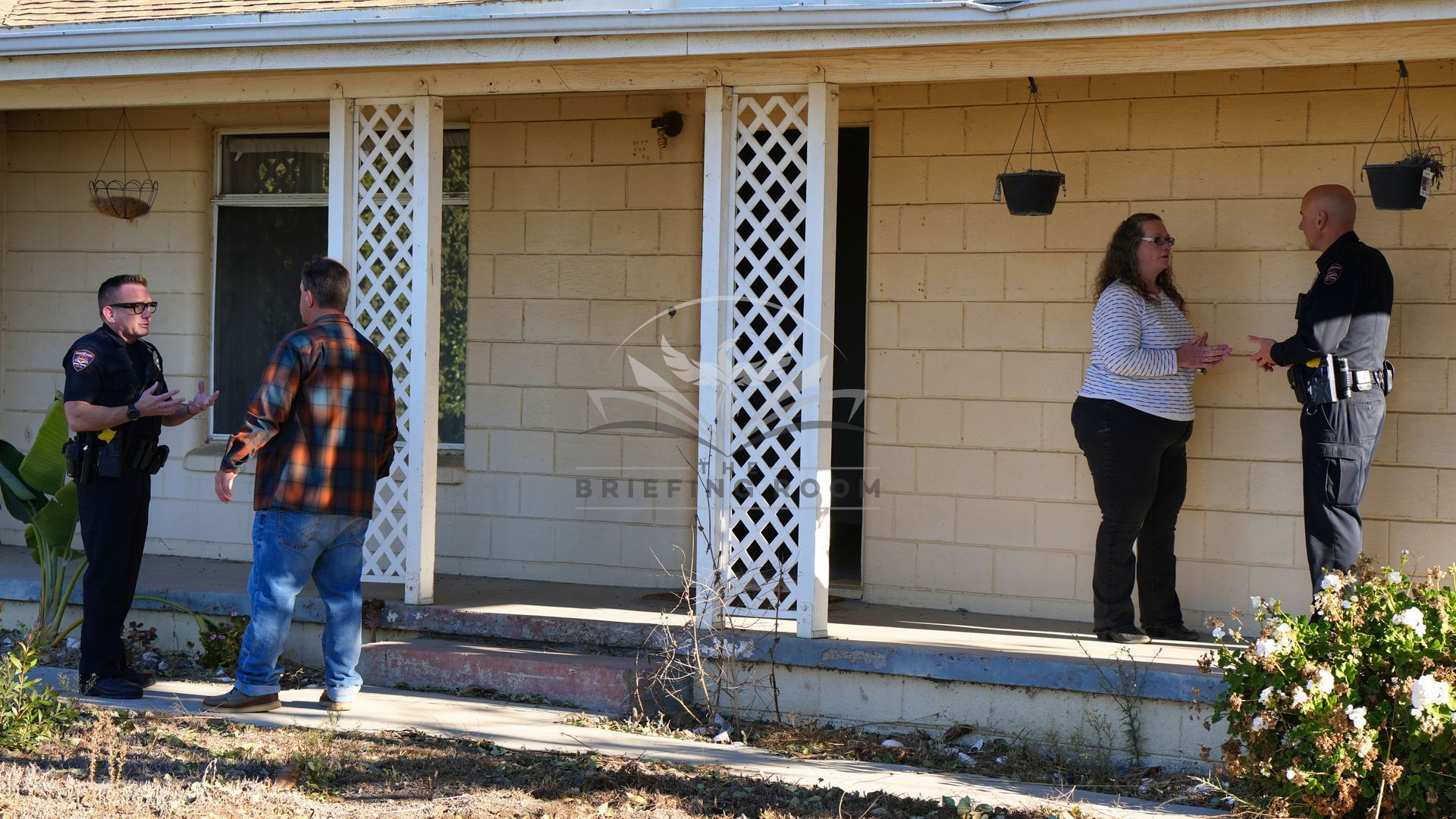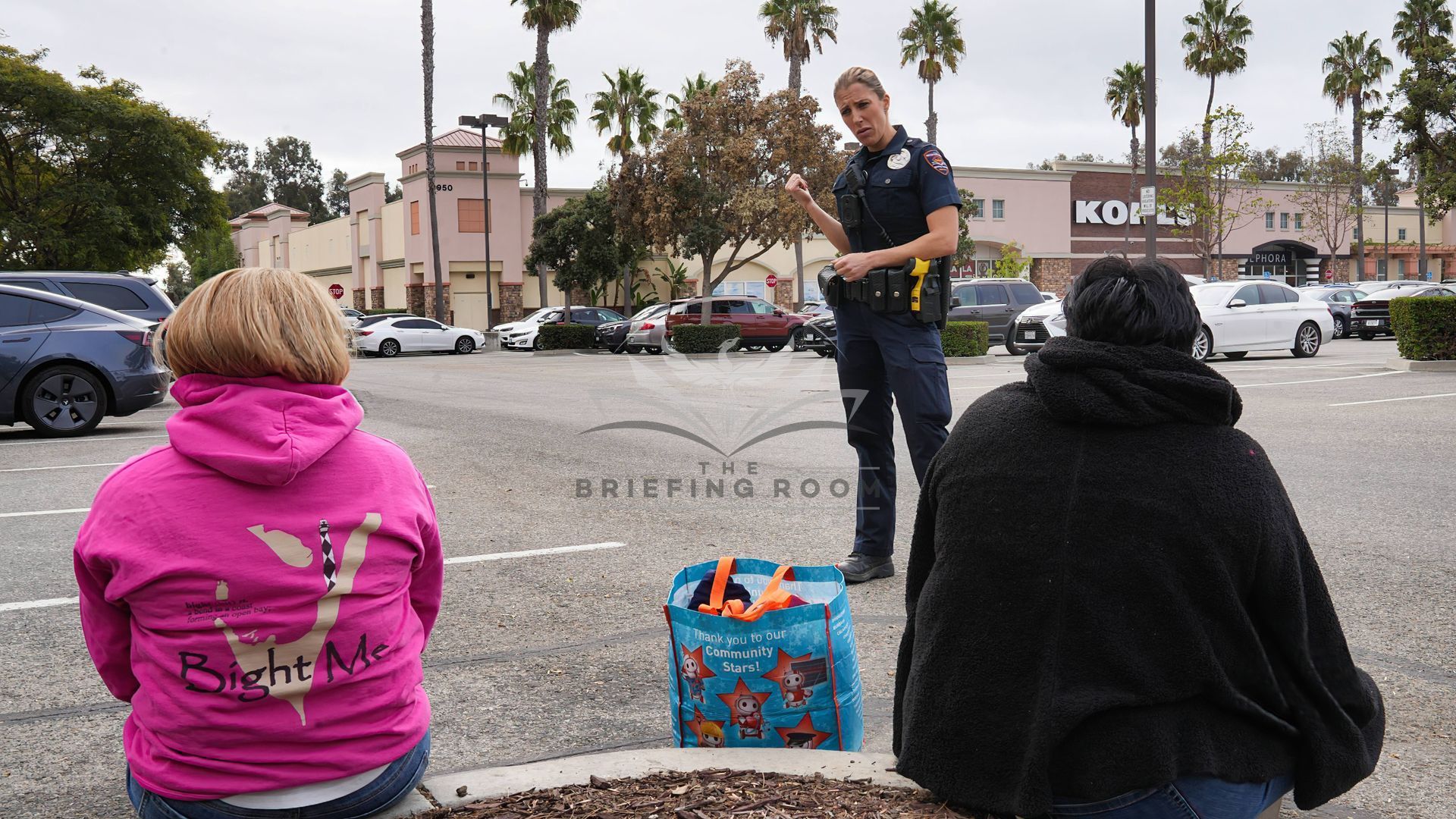Can Officers Demand a Driver's License at a DUI Checkpoint?

This post is only offered as a discussion topic only and does not represent legal advice. Officers must refer to the laws in their own State as well as their agency's policies, which can be more restrictive on officers that the law requires.
Scenario: While working at a DUI checkpoint, an officer is assigned to request a valid driver's license from drivers when they're stopped. However, one man in a vehicle tells the officer he won't provide his driver's license because there is no reasonable suspicion that he committed a crime, and the 4th Amendment protects his right to refuse.
Can the police officer demand and ultimately arrest the man if he refuses to provide his driver's license?
Answer: This issue was recently discussed by the 9th Circuit Court of Appeals in the case of Demarest v. City of Vallejo. The court said, "Given that the (Supreme) Court has said that removing unlicensed drivers from the road serves a vital interest in highway safety that would itself justify a traffic checkpoint, a request to produce licenses at an otherwise valid DUI checkpoint clearly serves an equally weighty interest."
"We therefore conclude that the request that Demarest produce his license while he was briefly seized at the checkpoint did not entail a Fourth Amendment Violation."
"Once Demarest refused to produce his license for examination at the checkpoint, Officer Brown had probable cause to believe that Demarest was committing an offense in violation of California Vehicle Code 12951(b) (Must produce a driver license) and his continued detention and arrest was therefore reasonable under the Fourth Amendment."
So the answer is 'Yes' if an officer is assigned to check driver's licenses at a valid DUI checkpoint and someone refuses to provide it, the police officer can arrest them if the State has laws that require drivers to produce their license upon request by a peace officer.
The Briefing Room has a short training video available on this exact scenario so agency supervisors can easily train every officer in your agency on this essential topic.
www.TheBriefingRoom.com
90-Second Training Videos Your Supervisors Use During Briefing or Roll Call To Develop High-Performing Teams of Officers.
✅ Lower Liability
✅ Retain Officers
✅ Build Community Support
🌟 Produced Exclusively by Active-Duty Law Enforcement Instructors 🌟



